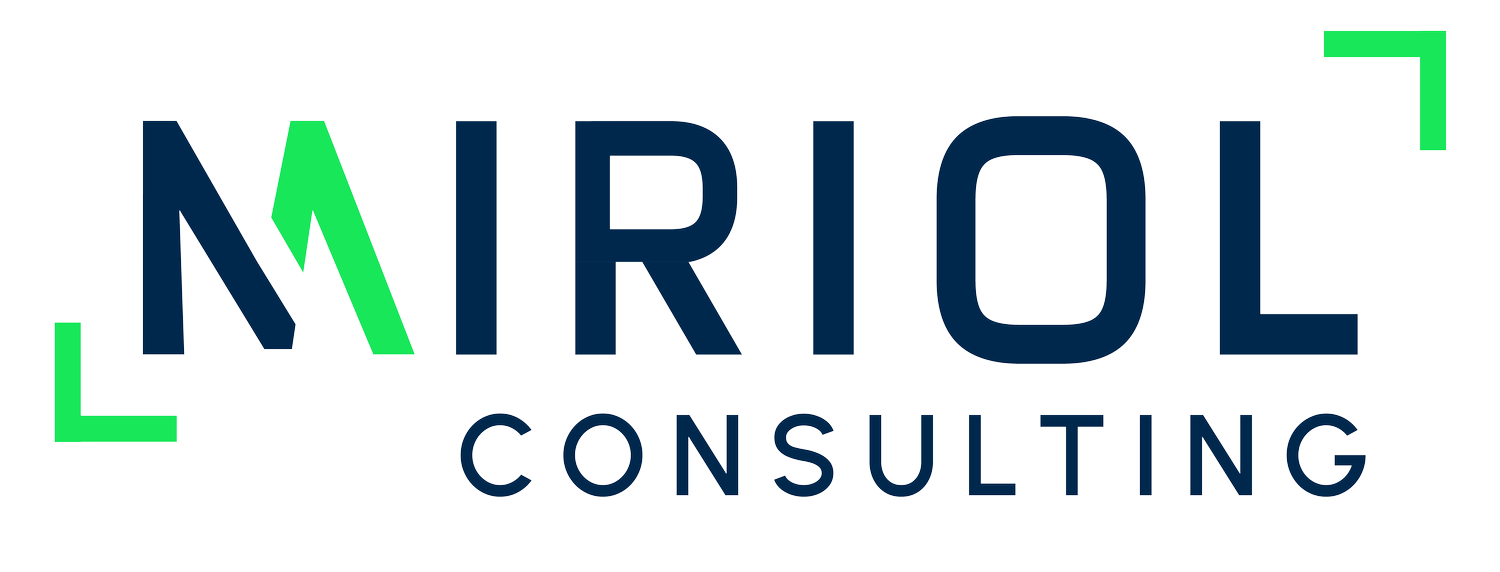Our services
Data Strategy
Our
Approach
Developing a robust omnichannel data strategy requires translating the unified information flow into a practical framework. It goes beyond simply connecting data; it involves integrating functions into a single data model. This consolidated model combines data, streamlines processes, enables automation and supports predictive analytics and AI. By adopting this approach, your organisation can achieve efficient systems integration, improve operations, and meet product requirements efficiently by utilising a centralised data model.
Read
more
about
our
methodology
-
The first step towards developing a data strategy is identifying the key objectives and goals your organisation wants to achieve in its strategic vision and supporting specific business outcomes.
By engaging with leadership, department heads, and end-users to get a comprehensive view of business objectives, we define clear and measurable goals that your data strategy should impact, such as increasing efficiency, improving customer experience, or driving innovation.
-
Conducting a comprehensive data inventory is crucial to maintain data integrity and avoid duplication. By cataloguing and assessing data from various systems, we can identify gaps or inconsistencies, ensuring the accuracy and reliability of the model. Furthermore, evaluating the quality, completeness, and accuracy of data collected from various channels helps determine which sources should be included in the model and identifies areas for improvement.
-
More than "stitching data", creating a unified data model requires translating the organisation's information flow into a framework that allows functions to operate efficiently under a standard 'data language' consistent across various systems and use cases.
The unified data model establishes standards, including consistent naming conventions for data fields and standardised formats for date, time, and currency. It also provides clear definitions for all data elements to ensure consistency and creates data relationships by mapping elements from various sources to understand how they relate.
We provide conceptual model diagrams illustrating the key entities and relationships forming the unified data model. This comprehensive framework is then transformed into a logical model featuring entities, attributes, and data types and a physical model that produces the database schema optimised for the chosen database technology.
-
Once the model is finalised, we create an implementation plan that aligns with the business and performance requirements for integrating data from various sources into the unified data model.
The plan outlines the technical requirements of ingestion and data integration, including developing ETLs, indexing to improve query speed, partitioning large tables to enhance performance, and implementing data-caching strategies as needed. Additionally, the plan includes data quality checks and considers adopting a Master Data Management (MDM) system to manage key business entities centrally and/or a metadata repository to maintain information about the data model elements.
-
A robust data framework is crucial for upholding the integrity and compliance of the data model. It encompasses policies, standards, and procedures for managing data throughout its lifecycle, including collection, storage, processing, and analysis. The framework ensures data quality by establishing rules and standards for data entry, validation, and cleansing.
Furthermore, the framework assigns roles and responsibilities to the key stakeholders to ensure accountability and clear ownership of the data. This includes collaborating with the Data Governance Council and the Chief Data Officer or Head of Data Management responsible for developing policies and procedures, monitoring data quality, and resolving data-related issues.
Creating a unified data model is an iterative process that requires close collaboration between IT and business stakeholders. This collaboration ensures that the model accurately reflects the business's needs and facilitates effective decision-making. At Miriol Consulting, we have the expertise and knowledge to deliver comprehensive data strategies from concept to implementation — our work delivers value to your business, creating a competitive advantage from your digital transformation investment

At Miriol Consulting, we develop and run successful transformation programs with empathy, understanding and expertise. Empowering your teams to think differently whilst maximising the use of technology and data.
READY FOR A NEW PERSPECTIVE? LET’S TALK!

